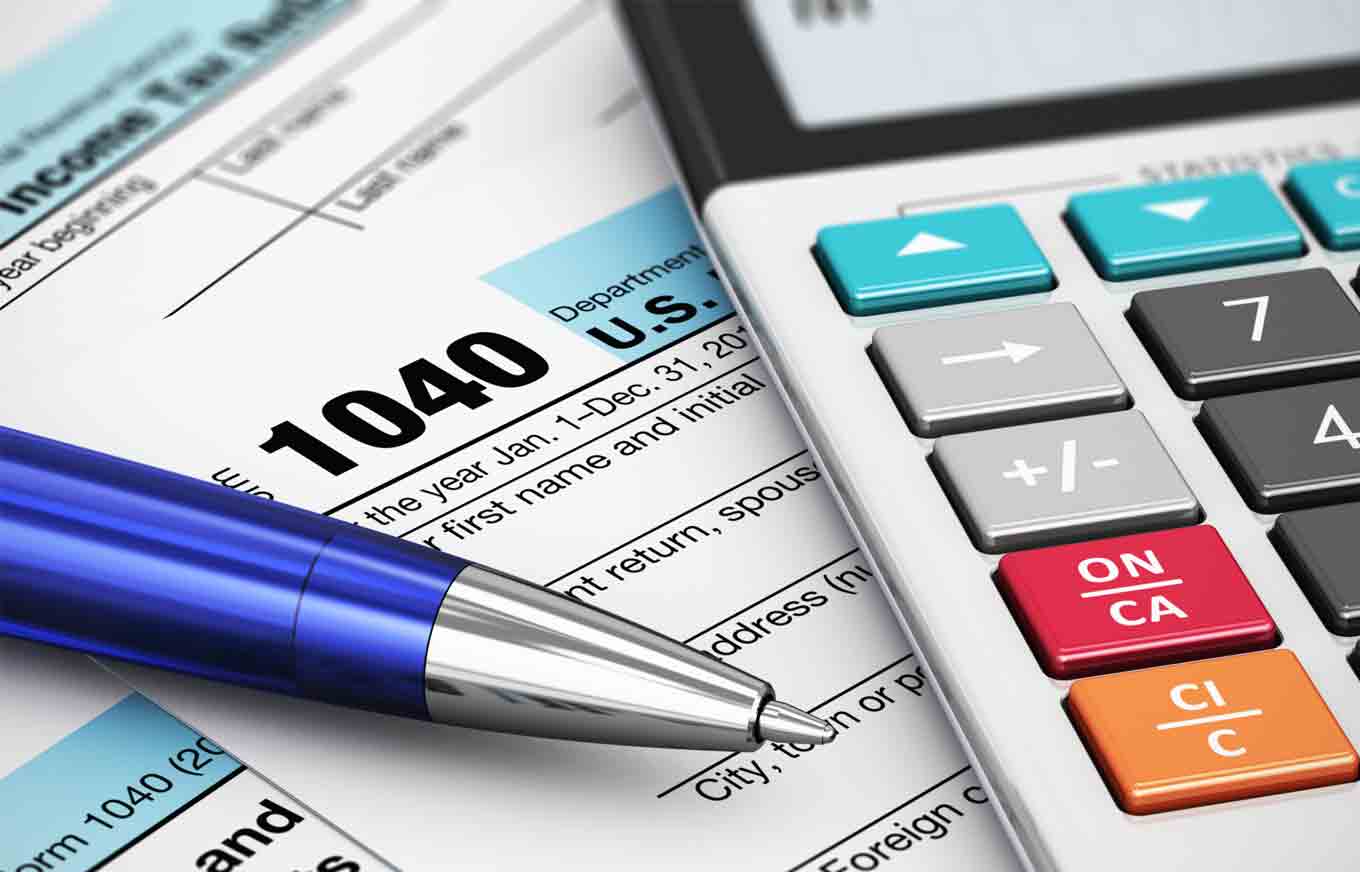 The internet has opened up immense possibilities for side income. People can drive a few hours a week for Uber, rent out their couch on Air BnB, and pad their monthly budget in a variety of ways. These side gigs are important ways of supplementing income in an economy where wages are not keeping up with the cost of living. However, many people are surprised when it comes time to pay side business taxes. If you want to avoid unpleasant surprises this April, it’s important to understand side business taxes.
The internet has opened up immense possibilities for side income. People can drive a few hours a week for Uber, rent out their couch on Air BnB, and pad their monthly budget in a variety of ways. These side gigs are important ways of supplementing income in an economy where wages are not keeping up with the cost of living. However, many people are surprised when it comes time to pay side business taxes. If you want to avoid unpleasant surprises this April, it’s important to understand side business taxes.
1. Side Business Taxes Are Not Negotiable.
Many people do not consider the tax implications of their side income. Every penny that you earn is taxable, even if you are not an employee. You may consider your side gig a fun hobby that happens to bring in cash, but the IRS will view it as a small business if it earns money.
However, this does not mean that you can call a nonprofitable hobby a side business just to write off expenses. In general, hobbies that earn money can only be write-offs if they pay for themselves in income. Writing off a hobby as a losing business year after year is almost an almost guaranteed path to an audit. If you plan to write off expenses for a business that could be mistaken as a hobby, it is important to treat it as a business including recordkeeping, marketing, and a business plan.
2. Even Side Businesses Require Recordkeeping.
When it comes time to file side business taxes, you will need to be able to document both income and expenses. Recordkeeping is necessary for this. Keep receipts for all business expenses. For example, if you are renting out parts of your home, keep track of expenses spent on cleaning, new linens, and other items related to the rental. In addition, you should track the time that you making money on the side, such as time spent cleaning or preparing invoices.
Keep copies of all documents related to your side business in addition to the originals. This will make it easier to find paperwork when and if it is needed. Consider scanning all receipts onto a thumb drive dedicated to your side venture. You will need to keep these files well beyond the date you file taxes, but the length of time varies according to the type of document.
3. Know What Expenses You Can Claim.
Side businesses actually can be good for your taxes because there are often multiple write-offs. In addition to expenses that are solely for your gig, you can also pro-rate some of your personal expenses. For example, if you use your cell phone to work, you can write off some of the expenses of the phone and your plan. This is why it is crucial to keep track of the exact times you work.
You can also write off the part of your home that is occupied for the length of time that it is occupied. Keep in mind, however, that this is a little trickier if you are using your car for a business write off. In general, the IRS allows you to write off a set amount of money per mile. For many people, this is enough to cover gas as well as normal auto related expenses. However, it is unlikely to be a boon to your taxes in general.
4. Know Whether You Need to Pay Estimated Side Business Taxes.
Renting out a room occasionally is unlikely to drastically affect your annual taxes. However, you may need to make payments based on estimated taxes if you begin making more than pocket change. In general, people are expected to pay estimated taxes on earnings from side businesses once they are earning enough that they owe more than $1000 a year in federal taxes.
Making estimated payments is as easy as downloading the 1040ES and following the directions. There are quarterly due dates and late fees, so be sure you know whether these payments will be necessary based on your financial picture.
5. Consider Hiring a Professional.
Once your side hustle starts making money, you may need to hire an accountant who is experienced with small business taxes. The paperwork can be complicated and overwhelming, and there will be penalties if you don’t complete it correctly. In addition, an accountant can often find write offs that you were not aware of to help decrease your tax obligation. If you are going to put the time into these side ventures, why not make them as profitable as possible?


